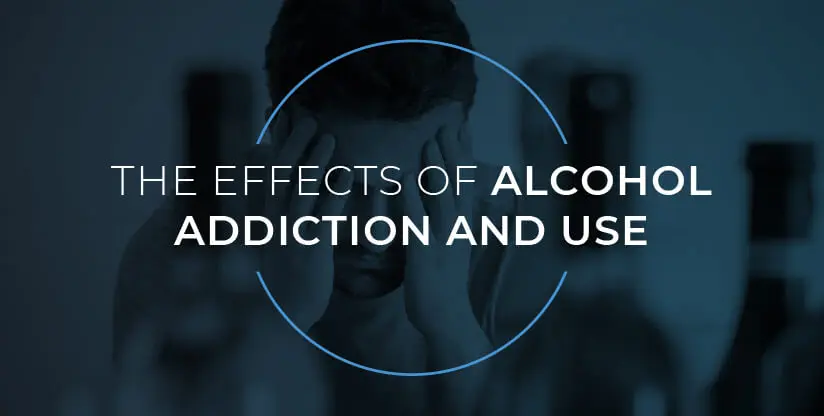When alcohol misuse has a detrimental influence on your life and the lives of those around you, it’s time to seek treatment. Several factors, including your medical history, support system, and personal drive, can all contribute to the effectiveness of your rehabilitation.
Substance use disorder cannot be cured, but it can be treated successfully. The primary, but not only, but part of addiction rehabilitation is also the close of substance usage. Alcohol rehab clinics are one of the most effective types of treatment for recovering from alcohol rehabilitation centre in India, and there are a number of benefits to using one.
An inpatient rehabilitation center can provide a safe detox, a better success rate, and a friendly environment to recovering addicts. Inpatient therapy may be the best choice for people suffering from a serious addiction.
Rehab can help you:
Drug rehabilitation is the process of clinical or therapeutic treatment for addiction to psychoactive intoxicants, prescription medications, and illicit drugs such as cannabis, cocaine, heroin, or amphetamines.
Stop the Addiction Cycle
Addicts need to be in an alcohol-free environment with people who will hold them responsible for their alcohol-free goal. Cleansing, which aids in the clearance of liquor from an addict’s bloodstream while also treating symptoms of withdrawal, may pave the way to alcohol treatment. Detox is just not for, but it is enough to permanently stop the compulsive conduct over time. The actual process of addiction counseling begins the following rehabilitation.
Discover More about Addiction
After detox, the real work of addiction counseling starts with Alcohol Rehabilitation Centre in New Delhi. Learning about your addiction entails acquiring knowledge into the people, events, sensory experiences, and routines that cause alcohol cravings. When you return to your regular life, most alcohol treatment clinics can help you explore those triggers so that you may make deliberate steps to avoid or regulate them.
Establish New Habits and Practices
Most persons who have a history of alcohol use have inadequate self-care and discipline. For someone in recovery, setting and completing goals is a crucial part of self-care. Most people, whether in or out of recovery, do not know how to develop objectives that are likely to be met. They begin with good intentions but fail because they do not approach goal setting with the correct mentality. The cycle of wanting to change behaviors but falling short progressively diminishes a person’s willpower to the point where many give up.
Create Healthy Boundaries
Substance addicts generally take on too little responsibility for their lives and behaviors, whilst friends and family take on much too much. In families when there is an addiction tendency, the relational boundary that generally helps people navigate a healthy connection is frequently twisted or unclear. A survival mindset comes from relationships with poorly defined boundaries, in which family members take on responsibilities to assist cope with stress. Though these roles may momentarily alleviate stress, they can raise uncertainty and anxiety since the underlying issue of substance abuse is never addressed openly. Rehab can help you understand where these lines become knotted and how to maintain them healthy.
